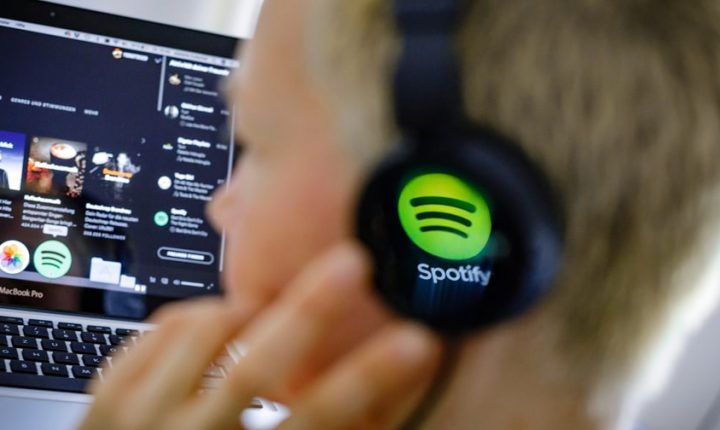
After some 20 years of failing in the digital era, the world’s biggest record labels are finally poised to get richer, thanks to Spotify’s plan to go public. The music-streaming giant, which has 159 million monthly listeners and 73 million paid subscribers, filed for a modified initial public offering Wednesday, known as a direct public listing. If it hits its $23 billion valuation, labels could make billions of dollars — particularly Sony, home of Beyoncé and Bruce Springsteen, which stands to bring in an estimated $1 billion-plus.
All three labels – Sony, Universal and Warner – have pledged to give a portion of this money to their artists, but several reps for top artists have told Rolling Stone they haven’t been informed of payment procedures. What will labels do with the windfall? Warner could pay off its multimillion-dollar debt, while Sony and Vivendi, corporate parents of the Sony and Universal labels, could absorb the revenue, music-business sources say. Beyond that, some labels could expand their staffs significantly. “It’s going to be more content-holders putting their feet on the gas pedals. More signings of bands,” Jim Caparro, former president of Island Def Jam, tells Rolling Stone.
Spotify itself could be using the public listing as a way of covering up its financial shortcomings. The company made $5 billion in revenue last year – mostly from $10-a-month subscriptions – an increase from $3.6 billion the previous year. But the company’s curse is making gigantic royalty payments to rightsholders, including artists, labels and song publishers —$9.8 billion in its history, which, in part, led to losses of $1.5 billion in 2017. And the payouts could intensify. Wixen, which administers copyrights for songs by Tom Petty, the Doors, Neil Young and others, sued Spotify in December for $1.6 billion, claiming it uses compositions without licenses and doesn’t properly pay royalties.
While Spotify is making less and less money per subscriber, thanks to super-cheap family plans introduced in 2016, the company sees growth from the rising number of global smartphone users and expansion into new territories: “We believe we are still in the early stages of realizing our goal to connect artists and audiences around the world,” the company said in a statement.
Spotify’s CEO Daniel Ek has been outspoken about how his Swedish company came along at a time of intense record-business decline. By its 2008 launch, top labels had badly mishandled the original Napster file-sharing service, suing it out of existence rather than making partnership deals, then hastily allowed Apple’s iTunes Store to take over the download business for years. As Spotify points out in its 260-page public filing, worldwide record-business revenues fell from $23.8 billion in 1999, the peak of the CD era, to $16.9 billion in 2008, when the business had largely switched to downloads.
“Growth in piracy and digital distribution were disrupting the industry,” according to the Spotify filing. “People were listening to plenty of music, but the market needed a better way for artists to monetize their music and consumers needed a legal and simpler way to listen.”
When Ek and his partners went to labels to strike content deals, Sony, Warner and Universal executives vowed not to make those iTunes-era mistakes again. They demanded equity — 5.7 percent of the company’s shares, in Sony’s case, and roughly an additional 14 or 15 percent for all the other labels, including independents, sources say. As Spotify took off and became the largest service in a streaming-dominated business — Apple Music has just 36 million subscribers —the labels’ early bets began to pay off. Long before Spotify’s public filing, labels were making tons of money off these services; revenues from streaming increased from more than $1.1 billion in 2014 to nearly $3 billion in 2016, according to the Recording Industry Association of America.
“I certainly know some of my artists will get a very decent windfall, should the IPO go as predicted,” says Richard Jones, manager of the Pixies, Teenage Fanclub and other popular streaming bands once signed to major labels. “Look at the revenues the labels are receiving now — look at those ridiculous figures that are coming in [from streaming royalties]. It’s how [labels] are paying to the artists that is the debatable point.”